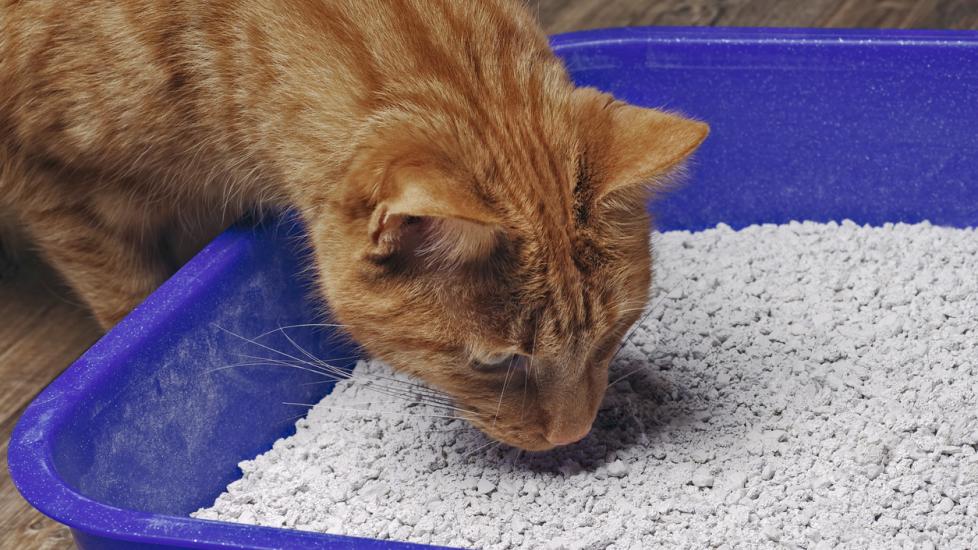 As a pet expert specializing in the care and well-being of our furry companions, I’ve encountered numerous behaviors that can be perplexing to cat owners. One such behavior is when your beloved feline begins consuming kitty litter. This seemingly odd habit may leave you scratching your head or even concerned for your cat’s health. Understanding why cats eat litter is crucial for providing them with appropriate care and preventing potential health issues. Let’s delve into this intriguing subject together.
As a pet expert specializing in the care and well-being of our furry companions, I’ve encountered numerous behaviors that can be perplexing to cat owners. One such behavior is when your beloved feline begins consuming kitty litter. This seemingly odd habit may leave you scratching your head or even concerned for your cat’s health. Understanding why cats eat litter is crucial for providing them with appropriate care and preventing potential health issues. Let’s delve into this intriguing subject together.
The Curious Case of Consuming Kitty Litter:
Cats are creatures of instinct and their actions often reflect innate desires or responses to environmental stimuli. When it comes to ingesting litter, there could be several reasons behind this behavior:
-
Nutritional Deficiencies: Sometimes, a cat might nibble on litter because they’re lacking certain nutrients in their diet. If their food doesn’t provide all the necessary vitamins and minerals, they may seek out alternative sources to satisfy these nutritional needs.
-
Oral Health Issues: Poor dental hygiene can lead to an uncomfortable sensation in a cat’s mouth. By chewing on non-food items like litter, they may be attempting to soothe irritation caused by tartar buildup or gum disease.
-
Pica Behavior: Pica is a condition where animals (and humans) compulsively consume non-edible substances. In cats, pica can manifest as a desire to chew or swallow materials other than food, including clay-based litters.
-
Curiosity and Playfulness: Cats are naturally curious beings, and exploring new textures and tastes is part of their play behavior. The act of digging in the litter box could stimulate their interest enough to try taking a bite.
-
Textural Comfort: Some cats find the texture of clumping litter particularly soothing against their gums. It’s not uncommon for them to take a taste during vigorous self-grooming sessions.
-
Medical Conditions: Underlying medical conditions such as gastrointestinal distress, anxiety, or stress can trigger unusual eating habits. Your cat may associate the litter with relief from discomfort without realizing its true nature.
Addressing the Problem:
If you notice your cat regularly snacking on litter, it’s important to address the issue promptly. Start by observing your pet closely to identify any underlying causes. Consult with your veterinarian about dietary changes if necessary. Regular check-ups can also help rule out more serious medical concerns. Additionally, consider switching to a dust-free litter that may be less appealing to your cat’s palate. Environmental enrichment, such as toys and perches, can reduce boredom and redirect attention away from inappropriate objects.
Conclusion:
Your cat’s well-being should always be your top priority. Recognizing the reasons behind litter consumption will allow you to implement strategies that promote good health and proper nutrition. Remember, each cat is unique, and what works for one may not work for another. Stay vigilant, stay informed, and most importantly, show your affection towards your purring companion every day.
